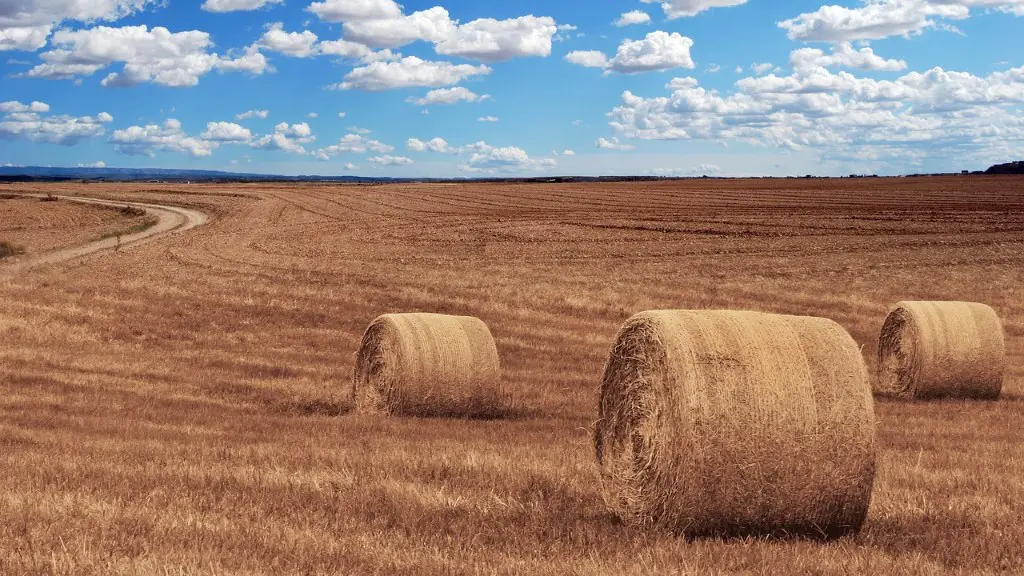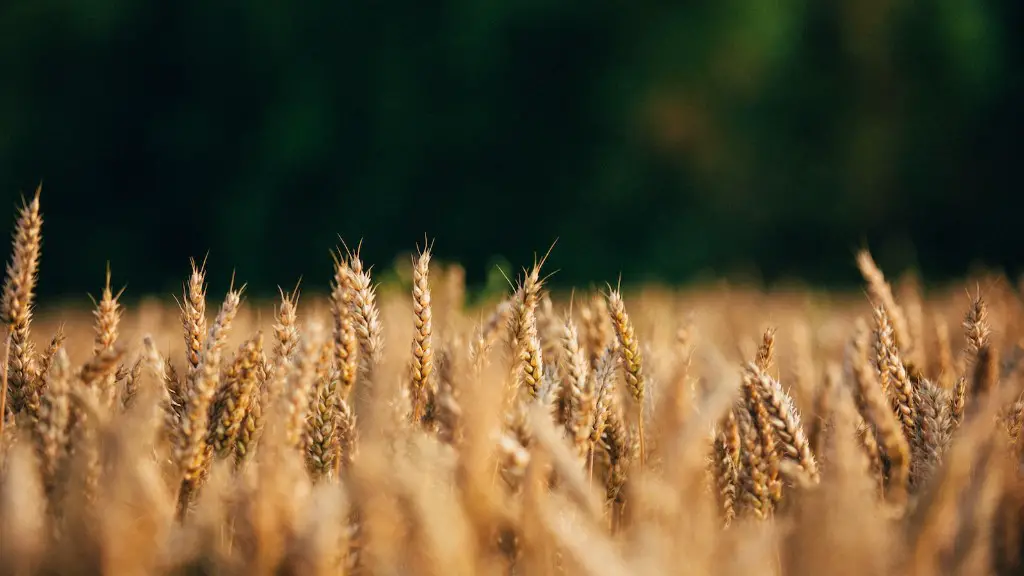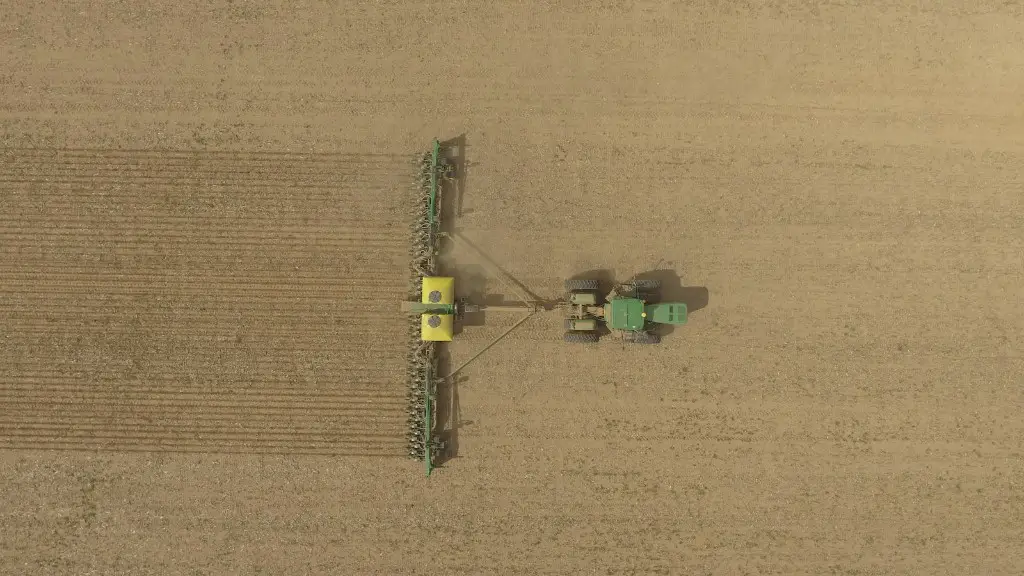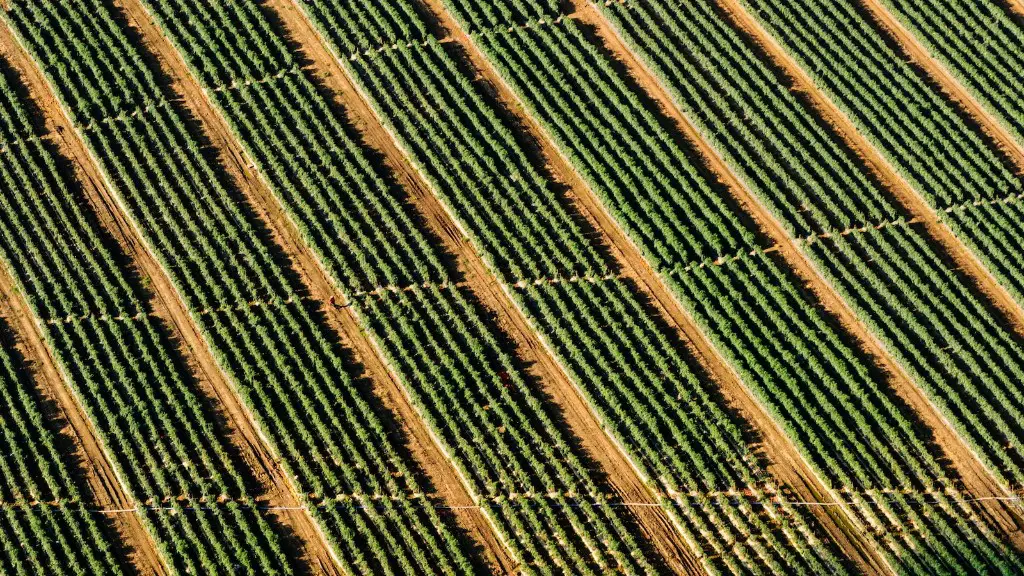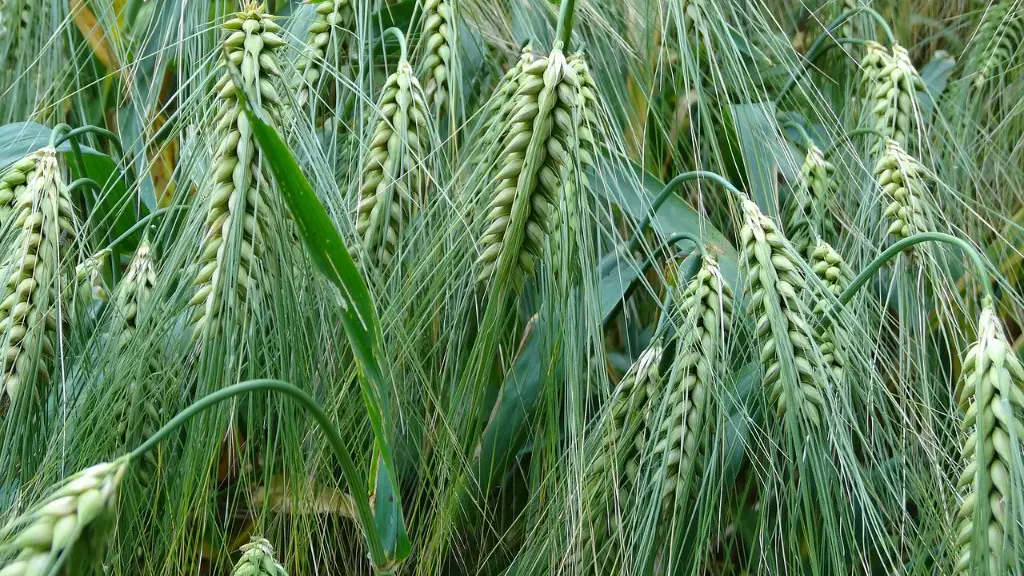For centuries, agriculture has been one of the most important human endeavors. It is the process of growing plants and animals for food, fiber, and fuel. Agriculture is also responsible for the majority of the world’s fresh water consumption. The importance of agriculture can be seen in everything from the food we eat to the clothes we wear.
Agriculture was important because it allowed for the domestication of plants and animals, which led to the development of civilizations. Agriculture allowed for the growth of cities and the rise of civilizations because it provided a stable food supply.
What was the importance of agriculture?
Agriculture is the backbone of many societies and has a profound impact on social structures and economic systems. Agriculture supports livelihoods through food production, habitat provision, and employment opportunities. It also provides raw materials for food and other products, and contributes to strong economies through trade.
Agriculture is one of the most important inventions of humanity. Farming allowed people to grow all the food they needed in one place, with a much smaller group of people. This led to massive population growth, creating cities and trade. Agriculture has had a profound impact on the development of civilization.
Why was agriculture so important to the economy
It is important to remember that agricultural exports also play a vital role in supporting America’s farmers and ranchers. Agricultural exports help to create jobs and support economic growth throughout the United States. In 2017, agricultural exports totaled $140 billion and supported more than 1 million jobs.
The agricultural export sector is a major contributor to the US economy. In addition to supporting farmers and ranchers, agricultural exports also help to improve energy security and create jobs. Agricultural exports help to keep the US economy strong and provide a vital source of income for many American families.
More abundant food supplies could support denser populations, and farming tied people to their land. Small settlements grew into towns, and towns grew into cities. Agriculture produced enough food that people became free to pursue interests other than worrying about what they were going to eat that day. This allowed for the development of art, literature, science, and other pursuits that make our world what it is today.
What are 3 benefits of agriculture?
Agriculture is essential for human survival as it provides the raw materials we need for food, shelter, and clothing. Crops for food, silk for cloth, and wood for shelter all come from agriculture. Without agriculture, we would not be able to meet our basic needs and would not be able to survive.
As the world’s population continues to grow, so does the demand for food. To meet this demand, farmers must produce more food than ever before. And to do that, they need to know which crops are in demand and which ones are not.
According to the latest data, cow milk is the top agricultural product in 37 countries, while wheat is the top agricultural product in 14 countries. Corn is the most produced crop globally with 11 billion tons, followed by wheat with 7609 million tons and rice with 7567 million tons.
These statistics show that there is a great demand for grains and dairy products around the world. And to meet this demand, farmers need to continue to produce these crops in large quantities.
How did agriculture impact history?
Agriculture is the backbone of human civilization. For millennia, it has been the primary source of food, clothing, and shelter. It has also been a key factor in the growth of cities and the rise of civilizations.
Today, agriculture continues to play a vital role in the global economy. It is estimated that the agricultural sector accounts for about 10% of the world’s GDP and employs more than 1.3 billion people – about one-third of the world’s workforce.
Despite its importance, agriculture is a sector that is often taken for granted. It is only when there is a shortage of food or a natural disaster strikes that the importance of agriculture is fully appreciated.
The truth is, agriculture is essential to our way of life and our very existence. It is a sector that we cannot afford to ignore.
The ability to farm and produce food was a huge game changer for early humans. They no longer had to migrate to their food source, which allowed them to settle down and develop villages, towns, and eventually even cities. This led to a population increase, as more and more people were able to live in one place.
What are 5 important of agriculture
Agriculture is one of the most important sectors of the economy, as it is the main source of raw materials for many industries. The main industries that depend on agriculture are cotton and jute textiles, sugar, tobacco, edible and non-edible oils, etc. These industries play a very important role in the economy, and all of them would be seriously affected if there was a decline in agricultural production.
The pressure that agriculture exerts on the land and water resources of the earth is often the result of land degradation (such as soil erosion and salinization), and eutrophication. Agriculture is also associated with greenhouse gas emissions (Kirchmann and Thorvaldsson 2000).
Did agriculture change society forever?
The Agricultural Revolution changed humanity forever by shifting from hunting and gathering to agriculture. This change allowed for the development of civilizations and the growth of cities and towns. Agriculture allowed for the domestication of plants and animals, which led to the development of new technologies and the growth of trade and commerce. The Agricultural Revolution also had a profound impact on human social and cultural development.
Agriculture can have a significant impact on the environment, both positive and negative. It can lead to soil erosion, water pollution, contribute to climate change, and deforestation. While it is possible to minimize these impacts through sustainable agricultural practices, it is important to be aware of the potential environmental impacts of agriculture before making decisions about farming.
What is the positive impact of agriculture
While agriculture can have negative impacts on the environment, it can also have positive impacts. For instance, agriculture can trap greenhouse gases within crops and soils, or mitigate flood risks through the adoption of certain farming practices. By taking steps to minimize the negative impacts and maximize the positive impacts, agriculture can be a force for good for the environment.
1. Agriculture is the single largest employer in the world.
2. There are 914 million acres of farmland just in the US.
3. The average US farmer can feed 155 people.
4. Beef farming accounts for 29% of American farms.
5. Agriculture is a $1 trillion industry in the US alone.
What is the most important contribution of agriculture to mankind?
Agriculture is important for food security and supply. It ensures that the population has a constant food supply and that the workforce is fed and has the energy to supply labor to industries and other economic sectors.
The reaper was one of the first inventions that changed how farmers produce food. Prior to the reaper, small grains were harvested by hand which was a very time-consuming and labor-intensive process. The reaper greatly increased the efficiency of grain harvest and allowed farmers to harvest much larger quantities of grain in a shorter period of time.
The thresher was another invention that changed the way farmers produce food. The thresher is a machine that is used to remove the kernels from the straw. prior to the thresher, farmers had to spread the grain out on a threshing floor and beat it by hand in order to remove the kernels. The thresher saved a lot of time and labor and allowed farmers to thresh much more grain in a shorter period of time.
The steam engine was another invention that changed the way farmers produce food. The steam engine was used to power the first combine which was a machine that harvest and cleans grain. The steam engine greatly increased the efficiency of the combine and allowed farmers to harvest and clean grain much faster than before.
The automobile was another invention that changed the way farmers produce food. The automobile allowed farmers to quickly and easily transport their crops to market. prior to the automobile
Warp Up
Agriculture is important because it is the main source of food for humans and animals. Agriculture is also responsible for the production of other important products such as clothing, fuel, and building materials.
The development of agriculture was important because it allowed for the domestication of plants and animals, which led to the development of civilizations. Agriculture allowed for the growth of cities and the rise of civilizations. It also allowed for the growth of food surpluses, which allowed for the development of trade and commerce.
